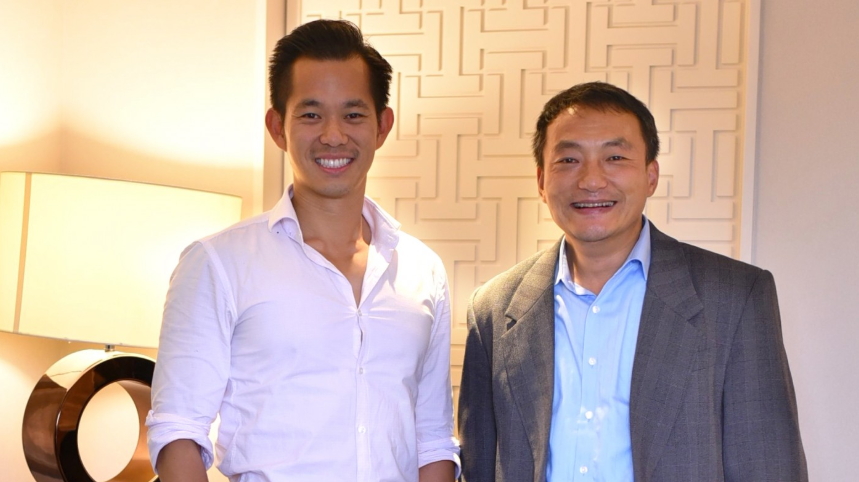Venture Capital Fund Seeks Startups that Can Contribute Technology to Samsung, and It’s Eying Taiwan

Samsung NEXT, the venture capital arm of Korean tech giant Samsung, is hunting for a select few startups that can ultimately help the mother company.
As part of that search, it’s planning major investments in Taiwan. Taiwan’s strengths in high tech make it appealing for investment, Samsung NEXT managing director Raymond Liao said.
Samsung NEXT has invested in 78 companies in different countries. It accepts fewer than 10 of the 1,000 firms that apply for capital every year, according to a Business Next report. The venture capital fund looks for firms with a record of innovation and perseverance, Liao said. Some invested firms should also big enough to work eventually with Samsung, he said.
A firm that’s well enough established might consider merging with Samsung, Liao added.
“With some teams, it’s like love at first sight,” he said on the sidelines of 2018 Computex Taipei earlier this month.
The 5-year-old venture capital firm focuses on investments in the software and services behind augmented reality, internet of things, blockchain technology and artificial intelligence, its website says. An offshoot fund goes toward emerging AI technology.
Liao did not give details on plans for Taiwan but indicated that Samsung NEXT had been checking out local startups quietly for some time.
How the funding works
About 70% of Samsung NEXT’s investments are now in the United States and 25% are in Israel. The rest go to firms in Canada, China, India and Europe. Samsung NEXT has about $150 million at its disposal, according to a Techcrunch report.
The venture capital source cites Kngine, an Egyptian artificial intelligence startup founded in 2009 with capital of $775,000, as a model of how its investments work.
Since being acquired by Samsung NEXT last year, the developer has contributed core technology for Samsung’s Bixby, a mobile phone voice assistant like Apple’s Siri and Google’s Alexa.
Another example: The mobile payment company LoopPay, a 12-year-old American firm with $10 million in investment, is contributing technology to Samsung Pay following a Samsung NEXT investment.
Future investments will be “decentralized” and may move more toward blockchain technology, Liao said. Other types of emerging technology have their limits, he said.
“Data analysis and backend technology will be valuable,” Liao said. “Small data is simply not worthwhile as it is only useful if the amount of data is large enough, which is currently in the hands of only a few big companies.”
Samsung NEXT anticipates blockchain will advance the sharing economy by allowing information to be evenly distributed and exchanged with no intermediary.
Liao gave the example of Filament, An American firm started in 2012 with capital of $22million. It makes blockchain-enabled chips for industrial uses such as shipping containers. Samsung NEXT invested in it four years ago.
〔Original :Meet Startup @ TW〕https://meet.bnext.com.tw/intl/articles/view/43312